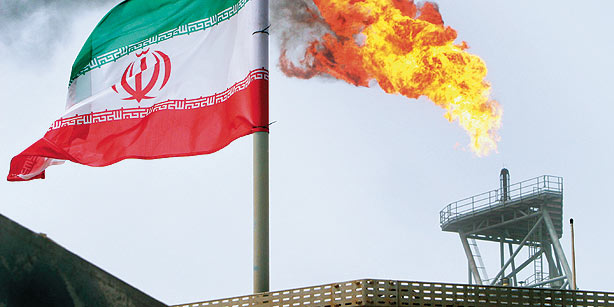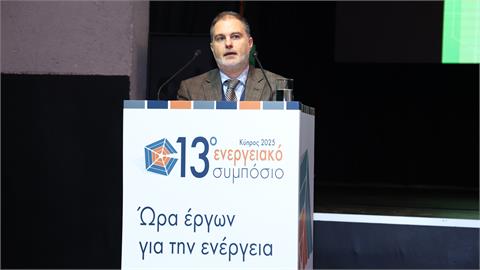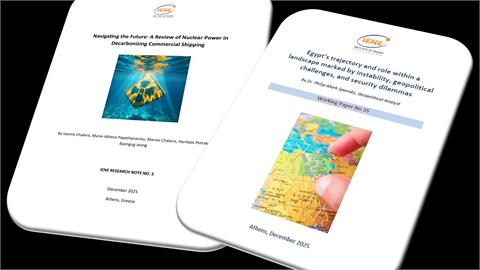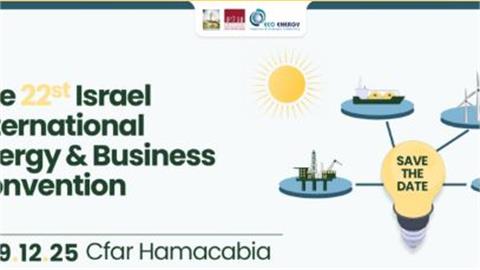Last month’s Monthly Analysis which is published as part of IENE’s “S.E. Europe Energy Brief” was devoted to Iran and its potential as a likely major gas supplier to Europe. In view of the ongoing Russian – Ukraine armed conflict in the eastern provinces of Ukraine and the problems encountered related to the supply of Russian gas to European customers, several European gas companies are once more considering the prospect of striking supply deals with Tehran, once sanctions are lifted following the latest USA- Iran rapprochement
Last month’s Monthly Analysis which is published as part of IENE’s "S.E. Europe Energy Brief” was devoted to Iran and its potential as a likely major gas supplier to Europe. In view of the ongoing Russian – Ukraine armed conflict in the eastern provinces of Ukraine and the problems encountered related to the supply of Russian gas to European customers, several European gas companies are once more considering the prospect of striking supply deals with Tehran, once sanctions are lifted following the latest USA- Iran rapprochement. For in spite the recently concluded (30/10) deal between Russia and Ukraine for the resumption of Gazprom supplies to Naftogaz, much uncertainty still remains among European gas companies for the long term prospects of Russian gas exports to Europe.
As IENE’s analysis argues Iran possesses vast gas reserves, the highest in the world, estimated at 33.8 trillion cubic meters or 1192.9 tct, with only small part of them being utilized. With the exception of limited gas exports to Turkey, Iran is not a gas exporting country having concentrated instead in developing its domestic gas economy with some 162.2 BCM consumption, a figure which is most likely to rise to 200 BCM’s by 2020. The underperformance of gas production in relation to gas resources has not hindered Iran to pursue gas export strategies. However, the basis of this strategy is focused on gas exports to surrounding countries (i.e. Iraq, Oman, UAR, Kuwait) with export plans for Europe having been shelved on account of sanctions.
On the question of whether Iran can become an alternative major gas supplier to Europe the IENE analysis conclusions are negative. Iran is in no position to export any additional gas quantities to main European markets via Turkey, even if sanctions were totally lifted tomorrow, notes the analysis. The main reason has to do not so much with the availability of extra gas quantities by Iran but on the ability of this gas to be exported, via Turkey, to European gas customers other than Greece with whom Turkey is connected, since 2007, through the existing 5.0 BCM capacity interconnector. The pipeline system is simply not there. In the short to medium term, say over the next five years, Iran may have the ability to export restricted volumes, of say between 5.0 to 10.0 BCM’s in the first place to Russia, via Azerbaijan, and secondly to European destinations via the TANAP-TAP system.
In summary it is fair to state that given a change of the political and diplomatic climate which will enable a true rapprochement between Iran and the West, the potential is there for Iran to become an important gas supplier to Europe, at least on the same, if not greater, level as Azerbaijan. However, it should be made clear that on the basis of the currently availabe information concerning future gas production, even on a long term basis, Iran is very unlikely to become a major gas exporter to Europe, on the same level as Russia. A best case scenario could involve some 25-35 BCM’s exports by 2030. The reason has partly to do with the difficulties in establishing direct export routes but also with Iran’s priorities and commitment in servicing the needs of its large and growing domestic and peripheral market.




